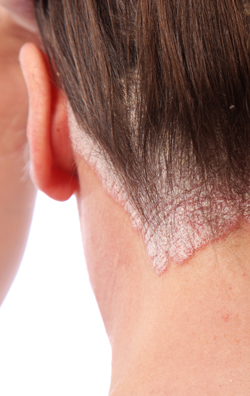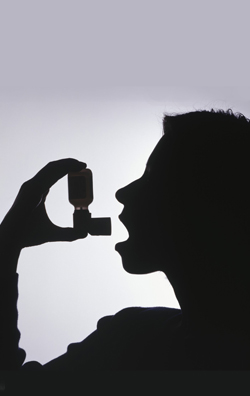
Bedwetting or sleep wetting or nocturnal enuresis is defined as unintentional urination during sleep occurring after the age when bladder control is usually established. Bed wetting can be of two different types; primary and secondary.
In primary variety of bedwetting the affected child is yet to stay dry for a prolonged of time
secondary variety of bed wetting the affected child or sometimes an adult start to wet bed unintentionally after staying dry for a considerable period of time.
According to the psychiatrists bedwetting is defined as repeated episodes of urination in the bed for at least two occasions in a week over a period of consecutive 3 months and also these episodes are not associated with any drug use or due to any underlying medical conditions.
It is the most common urological complaint during childhood. In most of the cases bed wetting occurs just because of delay in development rather due to an emotional or physical problem. There are only small numbers of cases about 5 to 10 cases out of 100 cases which occur due to any actual underlying physical illness. In many children with problem of bedwetting there are family histories of bed wetting.
It is estimated that most of the girl children remain dry at night by the age of 6 years whereas in cases of boys the age is 7 years and the by 10 years of age about 95% of the children remain dry in the night.
In adults the incidence of bedwetting is about 0.5% to 2.3%.
Symptoms
1. Persistent bedwetting even after 6 to 7 years of age
2. Bedwetting is associated with certain characteristic features like pain during urination, passage of pink urine, unusual degree of thirst and snoring (due to obstructive sleep apnea)
3. Starting of bedwetting after a period of remaining dry
As such there are no physical complications associated with bedwetting rather it may have negative mental impacts. These are
1. Poor social esteem:
a. How bedwetting can limit social activities like sleepovers or camping
b. Attitude of the care giver. Anger, rejection and punishment might cause stress in the child
c. Duration of bedwetting
d. Treatment failures
e. Extent of social isolation by other persons (peers)
2. Behavioral problems: there are chances that bedwetting might lead to behavioral changes. Both punishment and shaming of the affected child may deteriorate the situation further.
Sometimes rashes may appear at the bottom area of the child due to prolonged contact with urine.
Causes
As such the underlying causes of bedwetting are not clear. However several factors are known to play important roles. These are
1. Having a small bladder.
2. Inability to sense the fullness of the bladder and the need to evacuate it.
3. Hormonal problem: in many children during night time, the production of anti diuretic hormone (ADH) is inadequate, leading to production of large amount of dilute urine
4. Stress might trigger bedwetting. Stress in child can occur in various forms like school change, becoming brother or sister, attending new school, sleeping away from home in a new place etc
5. Urinary tract infection may lead to inability to control bladder activities with painful urination, passage of pink to frank red urine (passage of blood), painful urination, fever etc.
6. Diabetes: dryness during the day time and wetting only in the night might be the first symptom of diabetes in children.
7. Constipation: frequent episodes of irregular bowel movement may interfere with the ability of the bladder to hold urine.
8. Under rare circumstances may arise where, there might be structural problem in the nervous system or urogenital tract of the body which might lead to bedwetting
9. Genetic component: bedwetting in a child is strongly associated with bedwetting history of parents.
10. Attention deficit/hyperactivity disorder: children with this disease are at increased risk of bedwetting.





